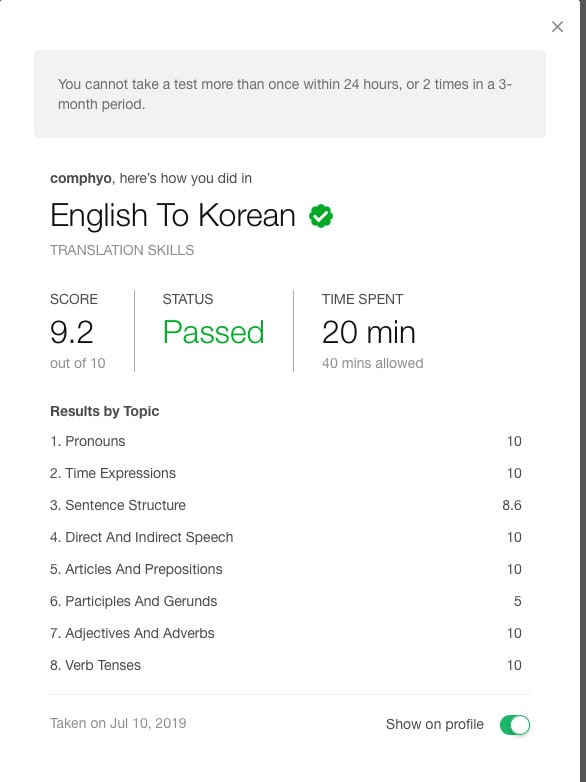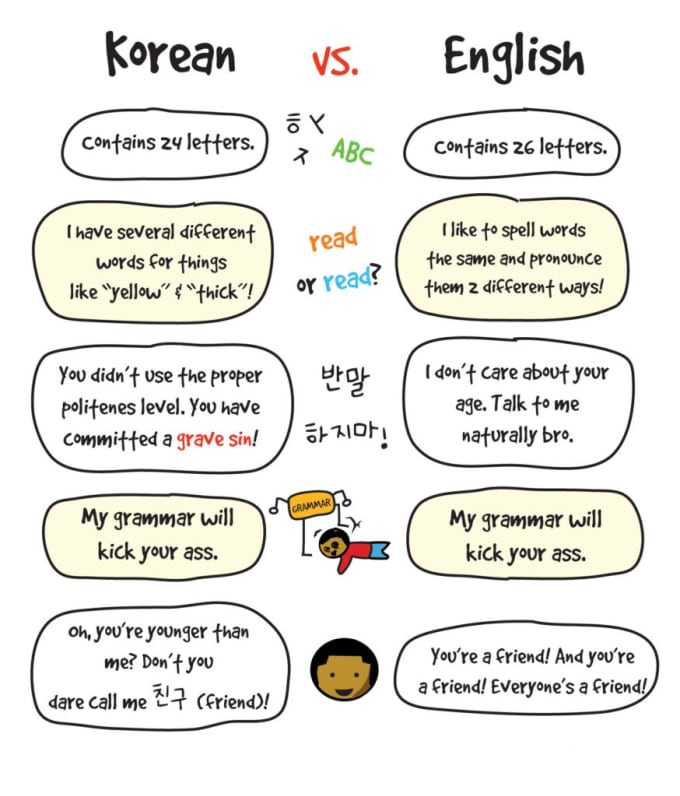
Learning a language takes time and can be extremely difficult-so there’s no shame in getting a little help. This leads to the interesting result that if you translate Korean->Japanese->English you often get a better result than just Korean->English because it can go more directly from Korean->Japanese and then rely on better training to then go into English.Īlso anecdotally I think Papago does a lot better for translating Korean->English but for all I know they use the same algorithm.Janu5 Korean Translator Apps That Translate to Better Learning In fact I feel like most very bad translations in Korean come from some bad training examples. This is true but people sometimes point out that it does better with Japanese, which also drops them.Īs far as I know, the translation relies on a lot of training knowledge from existing translations, and the reason it works better for Japanese is there's just a greater body of translations to draw on for training. A Korean native speaker automatically takes it as #2 from experience and common sense, but an English speaker used to hearing explicitly stated subjects might take it as #1. For example, 비가 와서 행사을 그만두었다 can be interpreted two different ways if you follow the structure blindly: 1) It rained and called off the event (V1-아/어서 V2 = the subject V1 and then V2), and 2) It rained so we called off the event (V1-아/어서 V2 = because subject1 V1, (it or an implied subject) V2). People understand them because of the shared background experience, but for a newcomer it can be daunting. A lot is drawn from the listener's background knowledge about the language, so it is difficult for a machine which doesn't have all such information stored in an organized way.įor the same reasons, Korean seems to have a lot more ambiguous sentences. Its -고 ending is also problematic to the translator because it is not even a normal ending form (it lists or connects two things together), let alone an imperative ending.

The dependent clause forgoes both the subject and object, and the main clause is a very terse 말고 which means opting not to engage in some matter anymore.

It also relies much more on the background knowledge than other languages. One reason Korean is more difficult to machine translate is because it drops the subject and object much more freely than English.

If the translation is "Forget it if you didn't hear", the original is probably 못 들었으면 말고 (you might have missed 못 in the beginning).


 0 kommentar(er)
0 kommentar(er)
